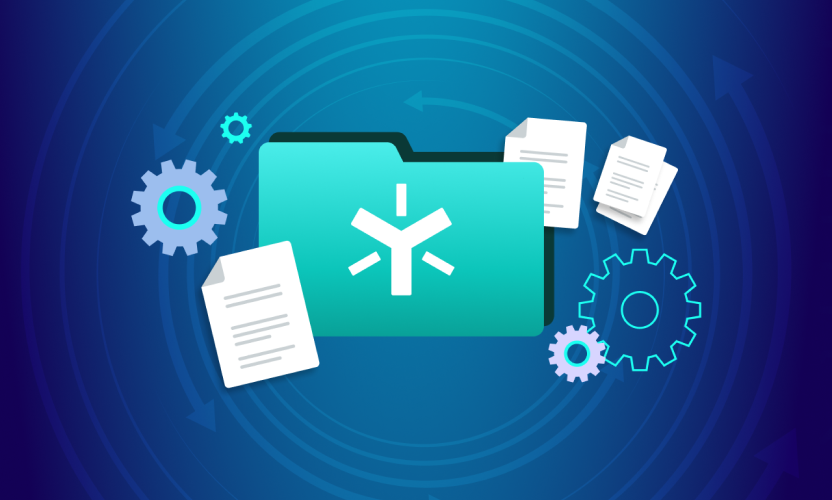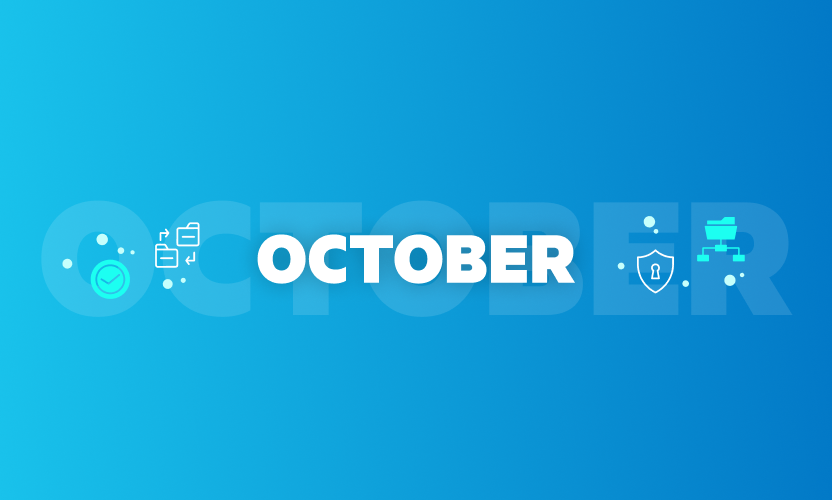Thinking Out Cloud – The top questions I always get asked about Cloud Computing (Part 1)
Just a few short years ago the term cloud computing was all but unknown. Today "Cloud Computing" is a hot ticket item and being a "Cloud Advocate" and a 20 year I.T. veteran there are a number of questions that I always get asked about cloud computing. I am delighted to have the opportunity to answer these questions on this, the first of a two part guest blog post for Egnyte.1 - What is Cloud Computing Anyway?Cloud Computing is an umbrella term which covers an array of computing services provided to users over the Internet. The nature of these services can be broadly broken down into, SaaS (Software as a Service), PaaS (Platform as a Service) and IaaS (Infrastructure as a Service). Cloud Computing has a number of subtle but important differences from traditional hosted servers or applications, the main differences are;• A fully managed service offering• Elasticity and Scalability• Flexible Billing / Pay per useWhile many people have tried to describe and summarize cloud computing, I think that Nicholas Carr in his book "The Big Switch" makes a lot of sense where he describes Cloud Computing as the provision of computing services as a utility (similar to your electricity). The comparison between cloud computing services and electricity is a good one, after all there is nothing stopping any of us going off-grid and producing our own electricity - in fact 100 years ago before the emergence of massive centralized utility companies, it was the norm for industry to produce its own electricity. However, generating our own electricity means that you would need to be an expert in all the technology required to do so, and your power source will most likely end up costing you more to produce, require significant upfront investment and not be as reliable or scalable as the service provided today from specialist utility companies. Most importantly, if you are not in the business of producing electricity, your efforts spent on its generation, distribution and management would most likely be a significant source of distraction from your core business.Take this comparison directly into the computing model, most companies have traditionally endeavored to provide all of their own computing resources from compute to applications to file storage. The reasonable question to ask here is "What business are you in?" If the answer to that question is not "computing", then its a logical step to consider using cloud or utility computing services to reduce the costs, headaches and distractions associated with computing and enable you and your organization to concentrate on your core business.2 - Is Cloud Computing just a Fad?While it is fair to say that there is significant buzz and hype around cloud computing right now, it is definitely not a fad. The term itself is somewhat new but the vision, concepts and principles involved have been around for decades. What has changed is that the Internet has matured enough to provide reliable and affordable broadband connectivity which is capable of delivering cloud computing services to a vast audience of users.Cloud computing is beginning to get traction and the range of cloud computing services on offer is currently expanding at a phenomenal pace. IDC currently estimate that cloud computing will grow to a $42 Billion dollar industry by 2012 and I have seen other estimates that suggest that this estimate is in fact significantly understated.3 - Is moving to the cloud the right thing for me?Right now this is a good question to ask yourself. In the medium to long term, everything except for the most obscure computing services will be operated from the cloud. There are currently many excellent service offerings available in the cloud computing space, and I believe that every organization should be looking carefully at the offerings available to them and where it makes sense, begin to leverage the practical, functional and financial benefits of the cloud computing services they choose to adopt. Some compute-intensive services such as C.A.D. and Video production are not yet relevant as far as cloud computing goes but services such as email, file storage and C.R.M. are perfect examples of services that currently fit the cloud computing model.About the Author:Finbarr McCarthy is IT Director with Premier Group a private global staffing company. Finbarr has 20 years experience in Information Technology with more than half of this spent in senior management roles, he is a member of The Institute of Engineering & Technology (MIET), The British Computer Society (MBCS) and The IEEE (IEEE). Finbarr is a Cloud Computing advocate and a technology innovator. Visit Finbarr's Blog for more on Cloud Computing





